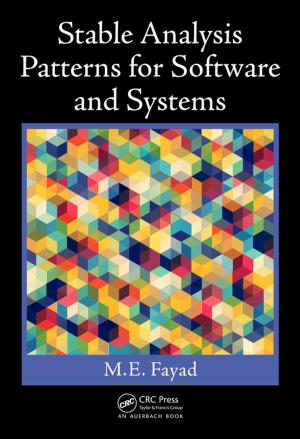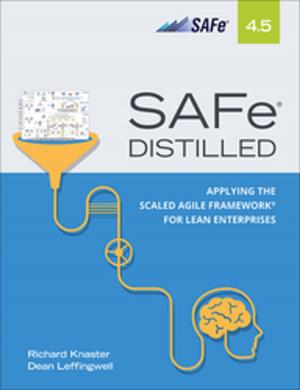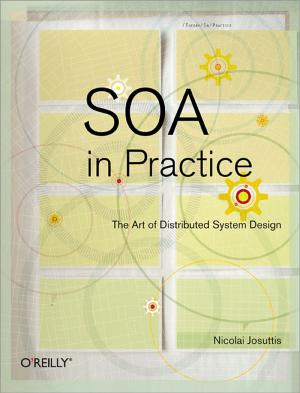Open Source Software: The Beginning Of A New Era
Nonfiction, Computers, Programming, Software Development| Author: | Binayaka Mishra | ISBN: | 9781370329885 |
| Publisher: | Binayaka Mishra | Publication: | June 6, 2017 |
| Imprint: | Smashwords Edition | Language: | English |
| Author: | Binayaka Mishra |
| ISBN: | 9781370329885 |
| Publisher: | Binayaka Mishra |
| Publication: | June 6, 2017 |
| Imprint: | Smashwords Edition |
| Language: | English |
In 1998, a group of individuals advocated that the term free software should be replaced by open-source software (OSS) as an expression which is less ambiguous and more comfortable for the corporate world. Software developers may want to publish their software with an open-source license, so that anybody may also develop the same software or understand its internal functioning. With open-source software, generally anyone is allowed to create modifications of it, port it to new operating systems and instruction set architectures, share it with others or, in some cases, market it. Scholars Casson and Ryan have pointed out several policy-based reasons for adoption of open source – in particular, the heightened value proposition from open source (when compared to most proprietary formats) in the following categories:
•Security
•Affordability
•Transparency
•Perpetuity
•Interoperability
•Flexibility
•Localization—particularly in the context of local governments (who make software decisions). Casson and Ryan argue that "governments have an inherent responsibility and fiduciary duty to taxpayers" which includes the careful analysis of these factors when deciding to purchase proprietary software or implement an open-source option.
In 1998, a group of individuals advocated that the term free software should be replaced by open-source software (OSS) as an expression which is less ambiguous and more comfortable for the corporate world. Software developers may want to publish their software with an open-source license, so that anybody may also develop the same software or understand its internal functioning. With open-source software, generally anyone is allowed to create modifications of it, port it to new operating systems and instruction set architectures, share it with others or, in some cases, market it. Scholars Casson and Ryan have pointed out several policy-based reasons for adoption of open source – in particular, the heightened value proposition from open source (when compared to most proprietary formats) in the following categories:
•Security
•Affordability
•Transparency
•Perpetuity
•Interoperability
•Flexibility
•Localization—particularly in the context of local governments (who make software decisions). Casson and Ryan argue that "governments have an inherent responsibility and fiduciary duty to taxpayers" which includes the careful analysis of these factors when deciding to purchase proprietary software or implement an open-source option.















